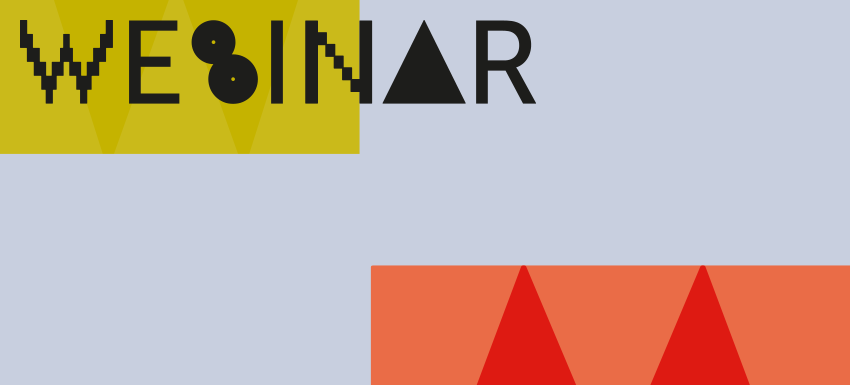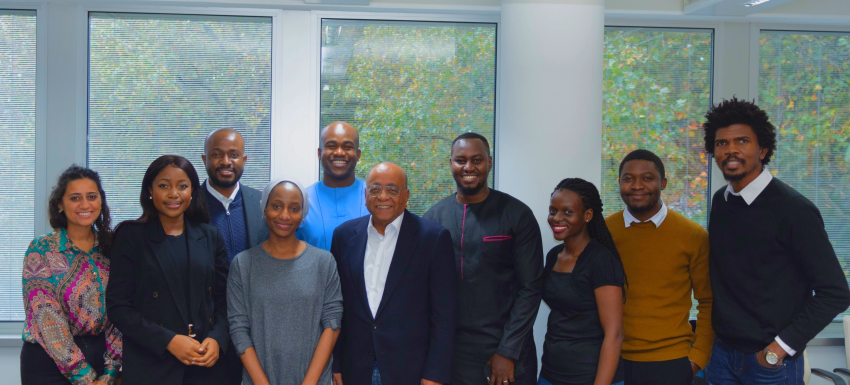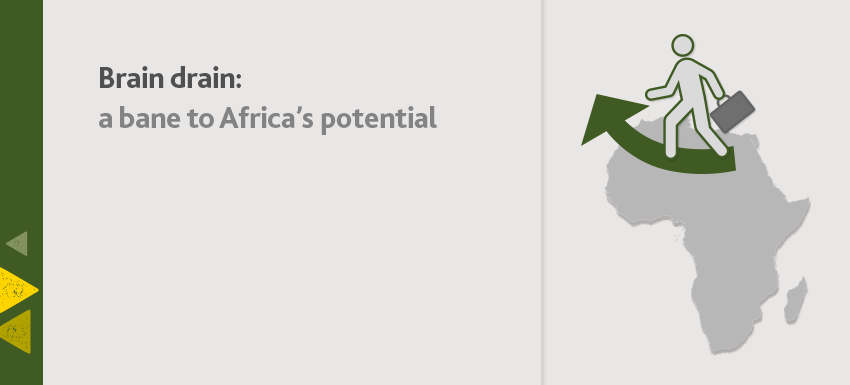On Friday, 5 April 2024, the Mo Ibrahim Foundation organised a webinar discussing the theme of financing Africa while posing the multimillion-dollar question, where is the money? This webinar is the first three-part series that discusses this theme from different angles and perspectives drawing from the 2024 Now Generation Network (NGN) Survey.
The webinar was hosted by Tracy Kituyi, NGN Lead at the Mo Ibrahim Foundation, and she was joined by NGN members, Ujunwa Ojemeni, Senior Policy Advisor – Energy Transition Policy at E3G, Nomahlubi Jakuja, Senior Economist at Social Policy Initiative and Joe Lemaron Sadallah, 2022 MIF AfDB Fellow and Director at Lomon Foundation. This webinar session on Financing Africa will unpack key results from the first section of the 2024 NGN survey titled Assessing Africa’s Financial Needs. Besides focussing on sustainable development and climate financing gaps, the discussion will also be an opportunity to unpack the financial priorities for the continent from the perspective of Africa’s youth.
2024 Now Generation Network (NGN) Survey
The Mo Ibrahim Foundation’s (MIF) theme for 2024 is Financing Africa. In order to inform upcoming research on the theme, in February-March 2024, MIF surveyed almost a hundred respondents from 54 African countries. Respondents are all members of the Mo Ibrahim Foundation’s Now Generation Network (NGN), a coalition of young African practitioners and advocates committed to moving the development agenda forward. The survey consisted of three main sections and this webinar will unpack key results from the first section titled Assessing Africa’s needs. Here are some highlights from the first section of the survey: 1. More than half of Africa’s youth view Education and Climate change as top priority sectors. 2. Over 50% of respondents chose Climate change (30.9%) and Infrastructure (20.6%) as the sectors with the largest financing gaps in Africa. 3. Majority of the respondents (69.1%) selected Climate adaptation as Africa’s top climate priority followed by mitigation (14.4%). 4. Collectively, almost 70% of respondents chose Education (35.1%) and Employment (34.0%) as Africa’s youth greatest financing needs.
Good Governance Is Indispensable For Promoting Economic Stability
According to Joe Lemaron, Africa’s economies are facing a fiscal trilemma encompassing the ability to spend on current needs, sustainably manage debts involved in national expenditures and domestically raise resources to mitigate high tax rates. Within this fiscal trilemma, good governance is indispensable for promoting economic stability, stimulating private sector participation, increasing investor confidence, and enabling access to capital. Joe advocated for African countries to continue building stronger institutions to withstand shocks like COVID-19, climate change, and rising food and energy prices from the ongoing Russia - Ukraine conflict.
It will take African countries, of course, ourselves, to do the work. To build our strengths in terms of our economies… and of course, it also takes the international community to be a reliable partner
- Joe Lemaron.
Sustainable Education and Africa’s Finance Agenda
In her submission, Nomahlubi contextualised sustainable development as the ability to meet today’s needs – identified in the survey as education and climate change - without hammering on future generational needs. She continued to point out that the common question that comes up around the subject of financing the infrastructure component of Africa’s development is “Where is the money going to come from?” which speaks to the ultimate concern of what can be done by African countries in the face of these fiscal constraints. She suggested that many African countries would have to leverage their existing capital flows to access some international financing, have a business-oriented mind to development, as well as build strong governance institutions to instil confidence in attracting private savings for development in Africa. In addition, she recognised that most African countries have made significant strides in terms of primary education- spotlighting South Africa as an example. However, there seems to be a financing gap when it comes to secondary and tertiary education.
Traditional forms of development financing are no longer feasible…well, they won’t be able to meet the demands that are needed
- Nomahlubi Jakuja
Climate Change and Africa’s Development Needs
In the contextualisation of development, Ujunwa recognised that the twin problem of meeting the net zero emissions goal while pursuing a development agenda is unique to the African context; however, she referred to this problem as an opportunity for the African continent to grow more sustainably. For Africa to develop sustainably, Ujunwa suggested the expansion of the deployment of renewable energy, and increased financial support from the international community to help balance the emission targets with development while reassuring that the continent has what it takes in terms of potential and ambition to be part of the solution. The resources accompanying Africa’s youthful population including skills, energy, creativity and talent prove useful in identifying new solutions in terms of climate change mitigation and adaptation and balancing developmental goals with net zero emissions.
Africa is more like a carbon sinker to help reduce emissions
- Ujunwa Ojemeni
Economic Integration is a Pathway to meeting African Countries' Finance needs
The approach to balancing economic integration within 54 African countries with different contextual developmental needs while achieving said needs must be a nuanced and tailored one. An approach that must highlight and prioritise inclusivity, capacity building, customisation of standard support mechanisms to prevent a one-size-fits-all solution, promotion of regional value chains and enhancement of financial inclusion. Joe also noted how the NGN as a youth network is facilitating this regional integration digitally through the various conversations held around different African developmental topics.






